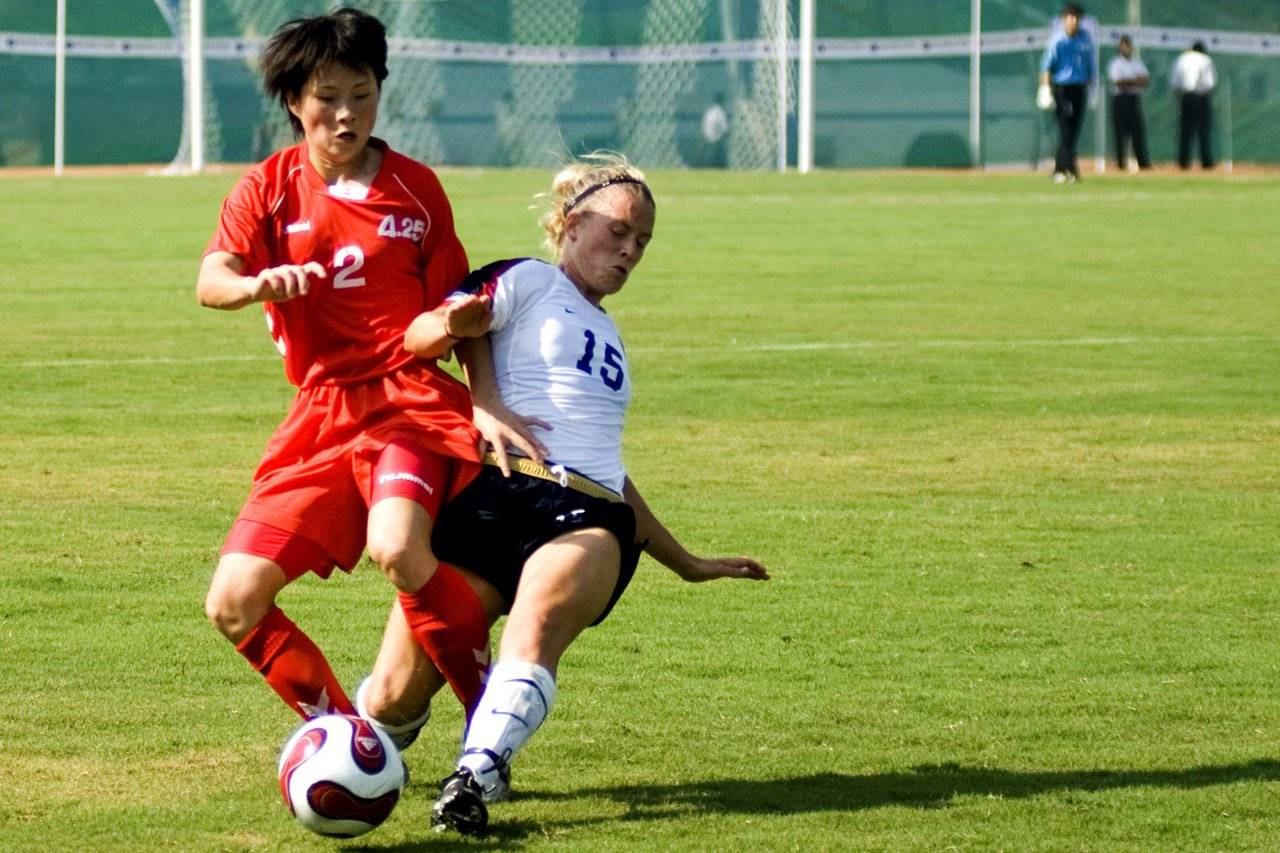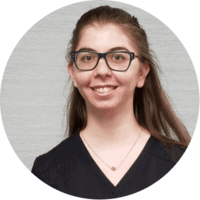
Vision is the most important way we bring in information into the brain and then process that information. Injury to the brain can disrupt the visual process and then interferes with how information is taken in and processed. These problems can include:
Vision can be compromised as a result of a neurological disorder such as a stroke, a brain tumor or Multiple Sclerosis. These are termed Acquired Brain Injuries.
Neuro-Optometric Rehabilitation at our vision center in Old Bridge, NJ is a specialized Vision Therapy program for those who have suffered a brain injury. It effectively treats the visual problems of brain injury such as double vision, difficulty tracking, physically focusing, or maintaining attention. Once these vision problems are addressed, the effects of the injury are eliminated or reduced. The individual is then able to gain more from other therapies, such as occupational therapy, physical therapy, cognitive therapy, etc. If vision is not addressed, it is often difficult to recover or to reach greater potential.
When someone has a Traumatic Brain Injury (for example a car crash or a bad fall) or an Acquired Brain Injury (stroke or brain tumor), it is common to then have problems with vision. Making sense of what you see is one of the most important brain functions. Neuro-Optometrists help people individuals to solve the vision problems brought about by that brain injury. Addressing the vision problem often facilitates the benefits of other therapies. Neuro-Optometrists diagnose and treat in order to maximize the patient’s outcome. The ultimate goal of these services is to improve the patient’s quality of life.
There may not be an eye injury, but rather a problem of how the eyes move or how someone understands how they see. Some common problems include:
- Strabismus (eye turn)
- Binocular Vision Dysfunctions (the ability to coordinate the two eyes to work together)
- Reduced visual acuity at far (how clear the letters are at distance)
- Reduced visual acuity at near (how clear the letters are at reading distance)
- Accommodative Disorders (physically focusing the eyes)
- Difficulties in visual perception (are objects where I think they are?)
- Visual Field loss (not being able to see on the right side of the right eye, for example)
- Deficits in visual motor (eye movement problems)
- Ocular Motility disorders integration (putting together eye movement with body movement)
- Visual Information Processing (making sense of what you see)
These visual issues then affect how someone is able to function on a daily basis.



Appointment times may vary so call us for availability.